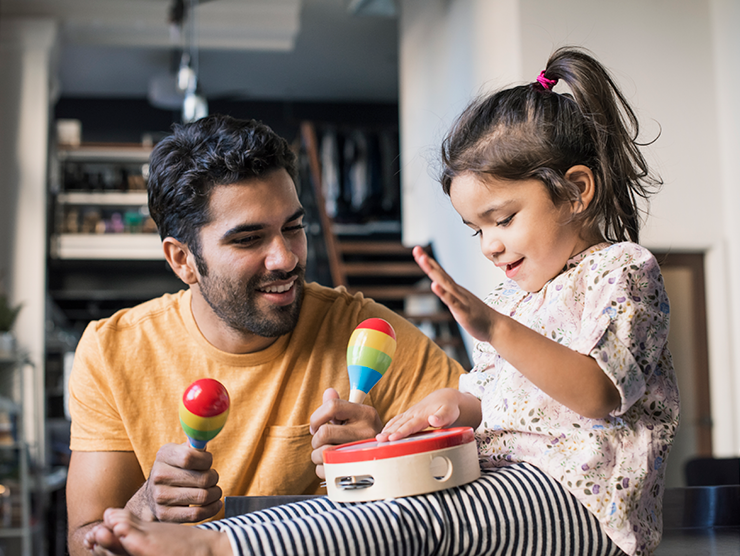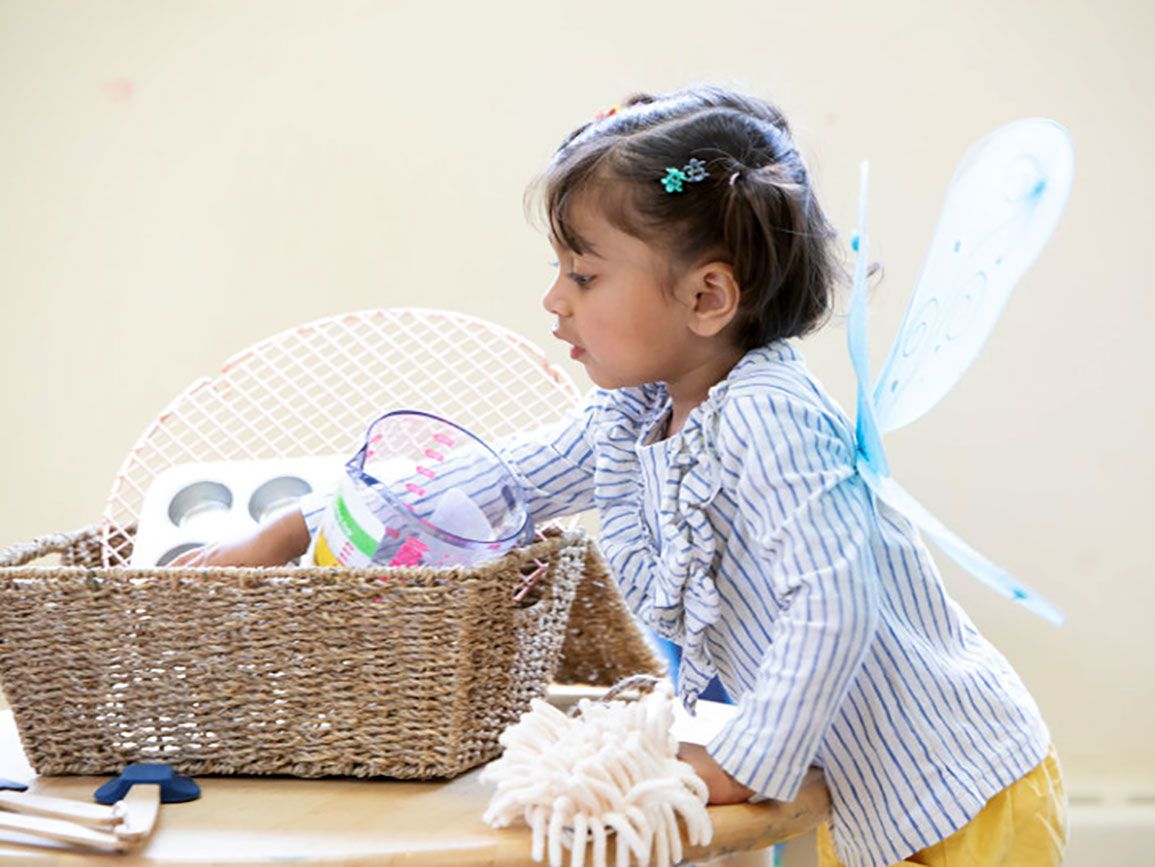Play is a fundamental part of childhood and that's why Bright Horizons and That's Total Mom Sense have partnered to bring you a special podcast series called, “Play Matters” where you’ll learn the benefits of play for children, how play can be a powerful tool for children to understand the world around them, and practical tips for caregivers.
“Play Matters” with Bright Horizons kicks off the miniseries with a big question: What exactly is play? We all know play is important, but how often do we consider its deeper impact on child development? In this episode, That’s Total Mom Sense host Kanika Chadda-Gupta and Bright Horizons’ child education expert and Senior Manager of Family and Client Support Claire Goss, dive into the world of play, exploring the science-backed benefits of play for children. Together, they break down different forms of play, offering a fresh perspective on why it’s critical in early childhood and how it builds a foundation for future success.
Free play: where imagination thrives
Imagine your child constructing a fortress from cardboard boxes, playing pretend with their peers, or setting off on an adventure with their favorite toys. This is free play—an unstructured, child-led form of play that allows children to follow their instincts and explore the world around them in their own unique ways. Claire emphasizes that free play is more than just fun; it’s a way for young minds to develop essential skills. Without the constraints of adult direction or specific end goals, children are encouraged to explore their curiosities and creativity.
Guided play: learning with gentle guidance
While free play is entirely child-led, guided play offers a balance between structure and freedom. In this form of play, an adult—typically a parent, caregiver, or teacher—acts as a supportive guide, setting up an environment that encourages learning through play. Claire notes that guided play is not about directing or controlling the experience; instead, it’s about creating a space where learning can happen naturally. This form of play provides a way for parents and educators to introduce themes or concepts—such as counting, shapes, or animals—while allowing the child to lead the experience and engage with it at their own pace. Adults can support learning through play by asking open-ended questions that enrich moments of wonder and discovery.
Parallel play: a stage of discovery for the youngest learners
Have you ever noticed infants and toddlers playing alongside each other without much interaction? This is known as parallel play, an early developmental stage where children observe and learn from their peers without direct interaction. Young children are self-focused during this stage of development as they concentrate on mastering fundamental skills like walking and talking. At this stage, children may seem like they are in their own world, but in reality, they are absorbing an incredible amount of information by observing those around them. It’s a gentle introduction to socialization, allowing young children to practice being around peers, which lays the foundation for group play and teamwork skills as they grow.
Finding the balance
You may wonder if there’s an ideal mix between free play and guided play; how much time should be spent on each type of play? Claire’s advice is simple: focus on providing ample opportunities for both types rather than aiming for a perfect balance. Children enrolled in high-quality early education programs, such as those at Bright Horizons, already receive a good amount of guided play during the day. At home, parents can create time for free play, allowing children to take the lead and explore independently, with siblings, or their parent/caregiver. The goal is to create space for them to grow, explore, and let their imaginations run free.
The lifelong benefits of play for children
One of the most eye-opening insights from this episode is the science-backed evidence of how play shapes a child’s future. It’s not just about fun; play is an essential ingredient in cognitive, social, emotional, and physical development. Through play, children learn to solve problems, think critically, and build resilience. They gain a deeper understanding of the world, develop empathy, and strengthen communication skills—all foundational abilities they will carry into adulthood. Play equips children to face challenges with curiosity, creativity, and confidence.
Rediscover the importance of play by tuning in to episode 1 of "Play Matters" with Bright Horizons and explore the many ways that play helps children thrive! Our next episode is on The Power of Play! Watch it here.





